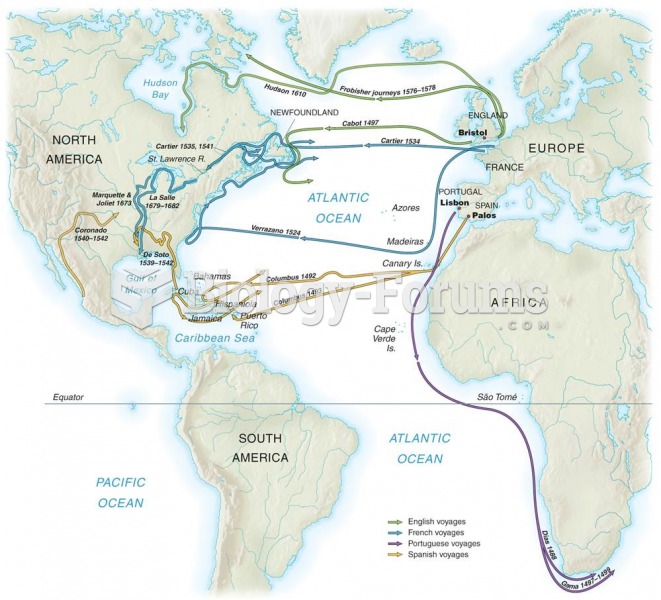Joe Sullivan and Mark Holland, members of the top management at EuAir, a European airline, were preparing for a meeting to discuss strategies to combat the recent rise in fuel prices.
Before the meeting began, Joe and Mark were discussing how oil prices significantly impact the health of the world economy. Joe spoke of how higher oil prices since 1999, partly the result of OPEC supply management policies, contributed to the global economic downturn in 2000-2001. Mark agreed but added that the right kind of strategy could help them overcome this challenge, and that they could even use the situation to hike fares and generate additional revenues. Which of the following statements, if true, would weaken the argument that Joe experienced groupshift during the meeting?
A) Joe stated that the company should cut expenditures on other areas like marketing and advertising instead of hiking fares to retain their current profit margins.
B) Joe stated that hiking prices would lead to losing market share to the low-cost airlines which already controlled half the market.
C) Joe stated that precise methods of fuel filling and consumption must be implemented to efficiently use their current supply of fuel.
D) Joe suggested adding a fuel surcharge to all tickets for commercial flights with immediate effect.
E) Joe proposed the usage of direct and higher altitude routes that would curtail fuel consumption.
Question 2
Which of the following statements is most likely to be true regarding moods?
A) Moods are always brought about by a specific event.
B) Moods last for a very short period of time, such as a few seconds.
C) As compared to emotions, moods are more likely to be clearly revealed by facial expressions.
D) Moods are more fleeting than emotions.
E) Moods are cognitive in nature.







